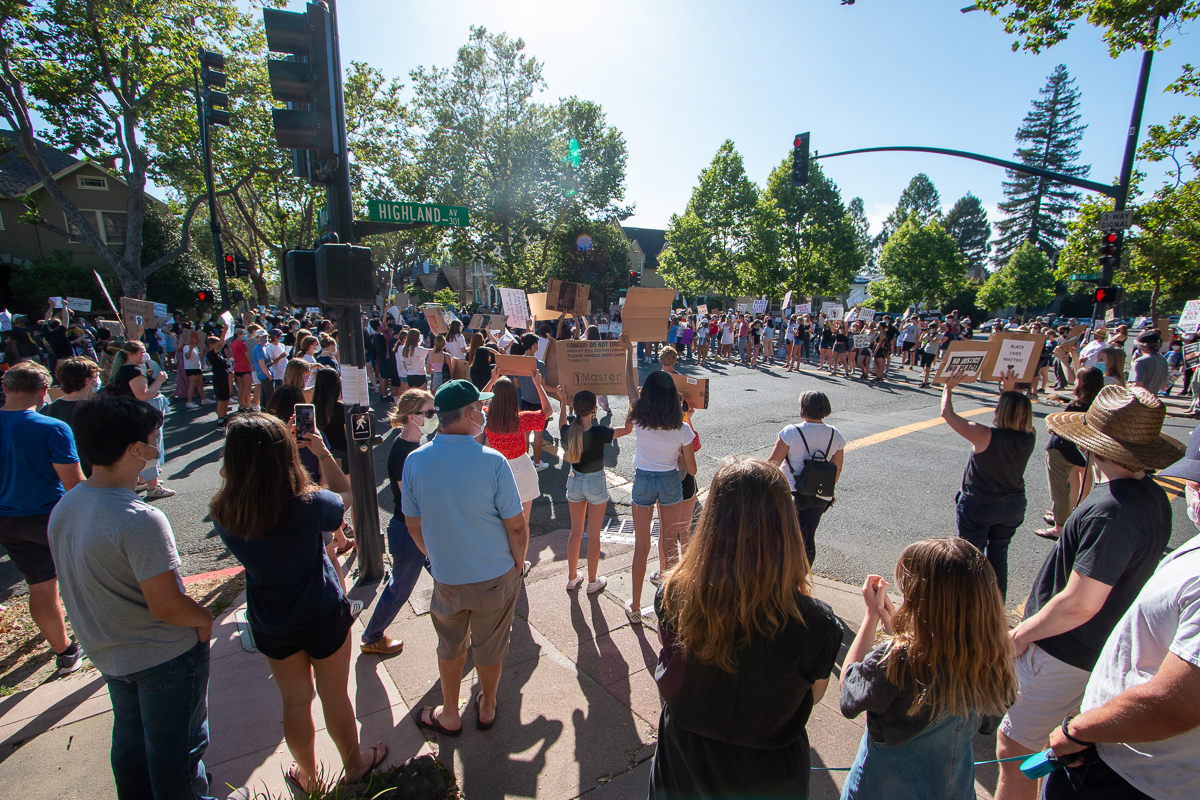Two upcoming steps in the city’s quest to improve diversity, equity, and inclusion include forming a discussion group made up of city staff and at least two local groups about how Piedmont can best “own its history” — one that includes ugly racially driven episodes and policies — and convening a panel to talk with local real estate agents about presenting Piedmont as a welcoming and affirmative community.
These actions were part of a verbal report to the City Council Tuesday night by City Administrator Sara Lillevand that summed up assorted actions taken since August 2020 when the City Council approved a formal repudiation of racism and committed to an ongoing effort to own the city’s past.
Lillevand said the small group of city employees will meet with members of the Piedmont Racial Equity Campaign and the Piedmont Anti-Racism and Diversity Committee to consider ways the city could take ownership of some of the city’s darker moments. The City Council would ultimately approve whatever steps it deems appropriate.
Among those dark moments was “redlining,” the practice of refusing to grant loans to certain people — typically non-white minorities — that effectively blocked them from buying homes in certain neighborhoods, or even entire cities, like Piedmont.
Perhaps the most infamous stain on Piedmont’s history happened 98 years ago, when Sidney Dearing and his family — acknowledged as Piedmont’s first Black homeowners — were forced to sell their Wildwood Avenue house to the city in 1924 after he and his family were mercilessly harassed and threatened, including by the city’s police chief at the time. Lillevand said this week that a plan to issue a formal apology to the Dearing family, and a formal acknowledgement of the city’s behavior surrounding the Dearings, are in the works.
Lillevand said she hopes to convene, perhaps in April, a panel of real estate professionals and others about affirming Piedmont as a welcoming and inclusive community. Such a panel would be moderated by Carol Galante, founder and advisor of the Terner Center for Housing Innovation at UC Berkeley.
Lillevand also talked about progress Piedmont is making in “looking at everything we do, day in and day out, with a conscious intent to examine how and where racism may be at play in our city government systems.” The broad-brush approach to that, she said, is for the city to look at every action its employees take through the lens of equity and inclusion. That, she and police Chief Jeremy Bowers said, includes:
- Training police officers have received (starting in 2014) to recognize implicit bias in their actions. It will soon include results of a study by professors at the University of Texas, San Antonio of the calls for service Piedmont police officers have gotten over the past five years for how often the police get “bias-based” calls for service from the public that aren’t tied to a specific criminal behavior;
- Anti-racism training for City Council members and likely members of various city committees and commissions;
- Continuing work on the city’s sixth update of its Housing Element, which will incorporate a mandate for the city to accommodate 587 new housing units by 2031. City leaders have pledged to make as many of those new residences as possible available for a wide variety of tenants.
New City Council member Jennifer Long, a leader with both the Piedmont Racial Equity Campaign and the Piedmont Anti-Racism and Diversity Committee, said she is “heartened and encouraged” by this work. She asked whether Piedmont could benefit by joining the Government Alliance on Race and Equity, a national network of government agencies working to achieve racial equity. Lillevand said she earlier had thought Piedmont might be too small to benefit from this, but this week told the Council that may not indeed be the case after all.
